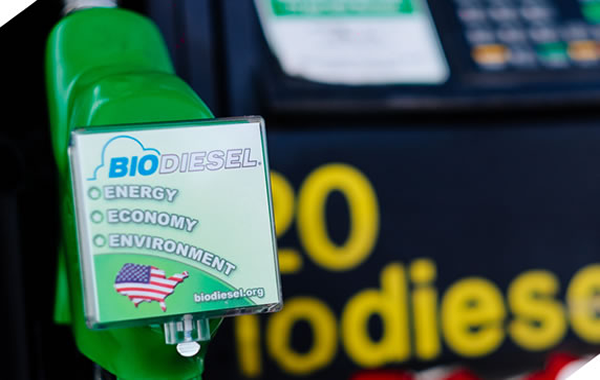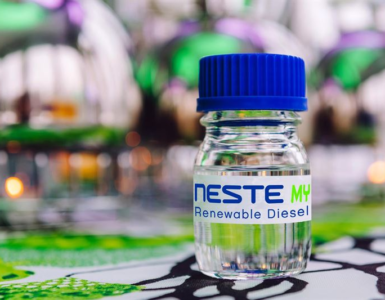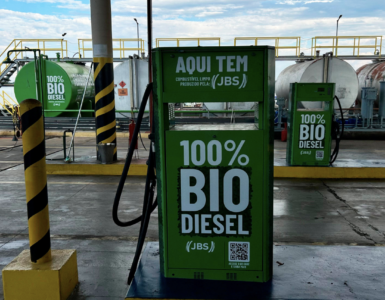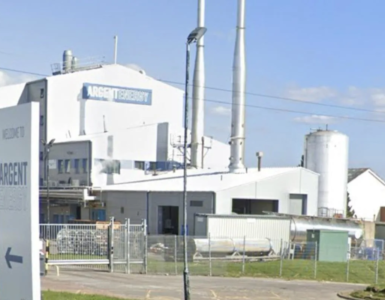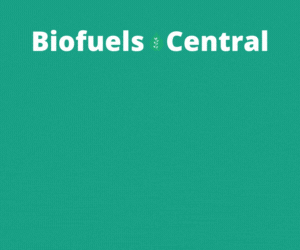Clean Fuels industry urges New York department of environmental conservation to continue progress on decarbonization with Bioheat ® fuel.
Recently, Clean Fuels Alliance America,the Empire State Energy Association, and the New York State Energy Coalition sent a joint letter to the New York State Department of Environmental Conservation (DEC) Deputy Commissioner Thomas Berkman assuring him that ample supply exists to meet the state’s Bioheat® fuel mandate, which was due to take effect on July 1.
The letter was sent in response to DEC’s decision on June 30 to suspend enforcement of the mandate for a year due to supply chain issues delaying infrastructure equipment retrofits at some fuel terminals in Upstate New York.
Last year, with the support of the New York State Department of Environmental Conservation, New York Governor Kathy Hochul signed bill S.3321-A/A.7290 into law on December 20, 2021, making “statewide heating consumption less harmful to the environment by establishing minimum levels of biodiesel in all heating oil for use in any building in the state.”
The bill is widely supported by Clean Fuels Alliance America and the home heating oil industry as part of a commitment to reduce greenhouse gas emissions from liquid heating fuels and is an important step in achieving New York State’s goals outlined in the Climate Leadership and Community Protection Act.
The bill put into place a 5% Bioheat® fuel mandate (B5) that was set to begin across the state of New York on July 1, 2022, and increases to B10 blends effective in 2025 and B20 blends by 2030.
However, while the B5 mandate remains law and in effect in New York City and Nassau, Suffolk and Westchester counties (accounting for 70% of the state’s heating oil market by volume), the Enforcement Discretion issued by the New York State DEC has delayed the 5% bioheating fuel mandate in parts of upstate New York for another year.
In the letter to the New York DEC, Donnell Rehagen, CEO of Clean Fuels, joined his colleagues from the Empire State Energy Association and the New York State Energy Coalition in noting the missed opportunity by delaying enforcement of the requirement.
🔥 What about we co-host a webinar? Let's educate, captivate, and convert the biofuels economy!
Biofuels Central is the global go-to online magazine for the biofuel market, we can help you host impactful webinars that become a global reference on your topic and are an evergreen source of leads. Click here to request more details
The letter said:
Our associations, in conjunction with the entire home heating industry, are committed to providing low-carbon biomass-based renewable liquid fuels such as biodiesel and renewable diesel to customers as we work together to lower the state’s carbon footprint.
“Like the state of New York, we understand the clean fuels industry is good for our farmers, our urban and rural communities, and our economy.”
“We also know that the carbon reduction our fuels offer is immediate and does not require investment in new heating appliances or infrastructure.”
As stated in the Enforcement Discretion, “a majority of terminals in upstate New York are available and ready to meet the July 1, 2022 deadline.” For the minority that were not ready to comply with the state law due to equipment supply chain issues, those issues will likely be resolved by the end of this calendar year.
The letter addressed that timeline saying, “If that is the case, there would be a window of opportunity to revisit the Enforcement Discretion, which we would encourage when appropriate.”
Switching to renewable-based B5 or greater is “the most cost-effective and impactful improvement a homeowner can make to reduce their carbon footprint,” the industry advocates said. “But, those homeowners need to have access to these clean fuels, and that requires the commitment of the terminals.”
The letter is available for download on cleanfuels.org.
New York has long championed the use of biodiesel and Bioheat® fuel to meet its clean energy goals, and the clean fuels industry remains poised and ready to continue delivering substantial carbon reduction benefits to New Yorkers.
In fact, from 2013 – 2020, New York City municipal buildings used 222.9 million gallons of Bioheat® fuel, and more that 75% of all No.2 heating oil used by NYC municipal buildings is blended with Bioheat® fuel.
The current B5 Bioheat® fuel requirement is reducing carbon emissions by nearly 4% for New Yorkers, and as the requirement advances to B20 blends by 2030, they will benefit from a 14.6% reduction in CO2 emissions and better greenhouse gas performance than natural gas can deliver.
Additionally, the biodiesel feedstocks and neat biodiesel (B100) used for blending with conventional heating oil are in ample supply, and projected volumes show that the biodiesel industry is well-positioned to meet growing market demands, including the state’s increasing blended volumes as outlined in the bill.
Clean Fuels Industry Urges New York Department of Environmental Conservation to Continue Progress on Decarbonization with Bioheat® Fuel, JEFFERSON CITY, MO , August 9, 2022

